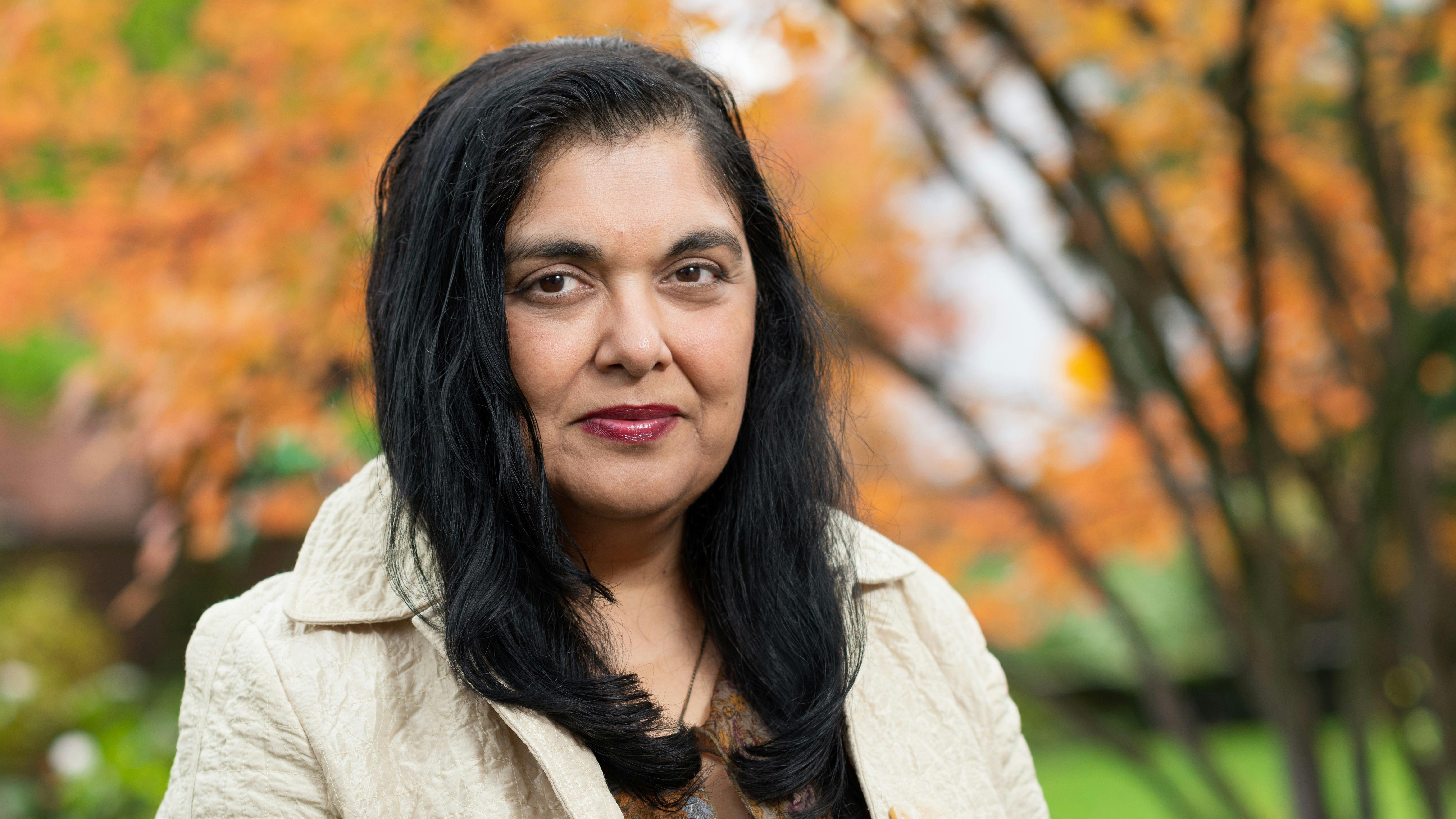Behind Women’s Suffrage, Untold Subplots

My interest in the long history of the amendment and the suffrage movement began when I wrote my second book on abolition, The Slave’s Cause: A History of Abolition (Yale University Press, 2016).
In a chapter on pioneering black and white feminist abolitionists, I had to leave out an entire section on women’s rights because my editor did not think it belonged in a book about abolition. Those 20 pages seeded my new project, and now, as a 2019–2020 Mellon-Schlesinger Fellow at the Radcliffe Institute, I am excited to begin research on a book examining the post–Civil War reconstruction of American democracy that terminated with passage of the 19th Amendment, in 1920. This book—on contestations over citizenship in the second half of the 19th century and the first two decades of the 20th—will explore Reconstruction-era questions of who was an American citizen, whether all citizens were equally rights-bearing individuals, and what citizenship entailed.
Gender and democracy lay at the heart of the conflict. Instead of viewing the 19th Amendment as a Progressive-era reform, I trace its roots to abolitionist feminism and post–Civil War debates over constitutional amendments and the boundaries of citizenship. Rather than emphasize the abolitionist-feminist split that also divided the suffrage movement, I connect women’s enfranchisement and citizenship to politics, laws, and amendments of the Reconstruction era. The redefinition of American democracy during this time would have significant repercussions in the fight for the vote, even though few scholars of the 19th Amendment pay it close attention. My project is nothing short of an attempt to create an alternative genealogy of the amendment and of women’s suffrage and citizenship more generally.
The manuscript papers of prominent suffragists will form the core of my research at Radcliffe. Among the collections most important to me are the Blackwell Family Papers, the Susan B. Anthony Papers, the Olympia Brown Papers, the Beecher-Stowe Family Papers, the Loring Family Papers, the Charlotte Perkins Gilman papers, and the Alice Paul Papers, to name only a few.
I am lucky to be assisted in my efforts by three research partners: Selket Jewett ’21, Piper Winkler ’21, and Chico Payne ’20. The digitization of sources by the Schlesinger has allowed the Harvard undergraduates to work from their computers all across campus and has hastened our progress considerably. I expect to complete substantial research and writing on this book while at Radcliffe, which is the ideal setting for my project. It would be virtually impossible to write a history of the 19th Amendment without mining the wonderful resources of the Schlesinger Library.
Manisha Sinha is the James L. and Shirley A. Draper Chair in American History at the University of Connecticut. In addition to The Slave’s Cause, which won the Frederick Douglass Book Prize, she is the author of The Counterrevolution of Slavery: Politics and Ideology in Antebellum South Carolina (University of North Carolina Press, 2000).







